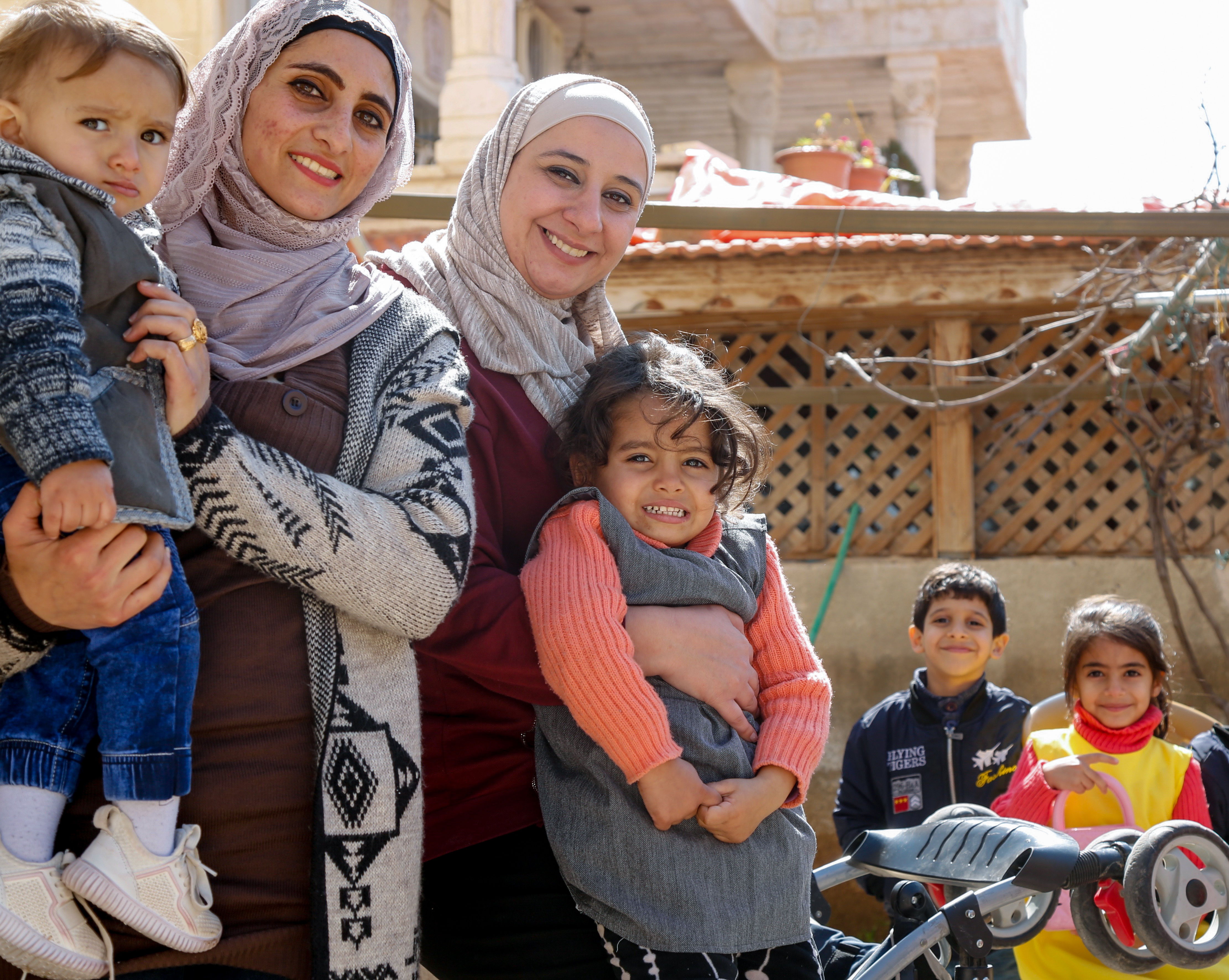Energy for Social Protection is an integrated framework to address the complex social impact of the energy transition by supporting individuals and families in dealing with vulnerabilities along their lifecycle.
This includes reduced energy poverty and social exclusion, stimulating job creation including by providing up/re-skilling programs, co-creating gender sensitive micro and area-based schemes to address vulnerability and support inclusive growth at the community level, strengthen youth economic inclusion, improve health access through energy incentives.
Ensuring strong social protection systems for energy transition is critical for delivering on UNDP’s energy ambition. UNDP brings several decades of social protection experience on promoting universal social protection, female empowerment, informal workers protection, migrants and youth empowerment, adaptive social protection systems, supporting households affected by environmental degradation and climate shocks, linking emergency social assistance to longer term recovery. This significant intersectional and interdisciplinary expertise will be critical to bridge the silos by finding non-traditional pathways to tackle the complex energy challenges of our member countries.
The five main social protection interventions to be taken into consideration when working on smoothing the impact of the energy transition are:
-
Supporting workers who lost their job with individualized plan including up/re-skilling, early retirement, or internal mobility
-
Setting up a social investment programme with social assistance programmes such as directed cash transfers as well as dedicated entrepreneurship program to incubate new projects with capacity building and 2-year follow-up.
-
Conducting a study to identify the main dynamics of future development in the region as well as highest opportunity employment segments.
-
Creating local offices for social action in partnership with the municipality and state employment and training services, providing psychological, employment, training and social support for workers, their families and the local community.
-
Supporting a dedicated programme to strengthen local NGOs social actions and foster a more robust local community.

 Locations
Locations



